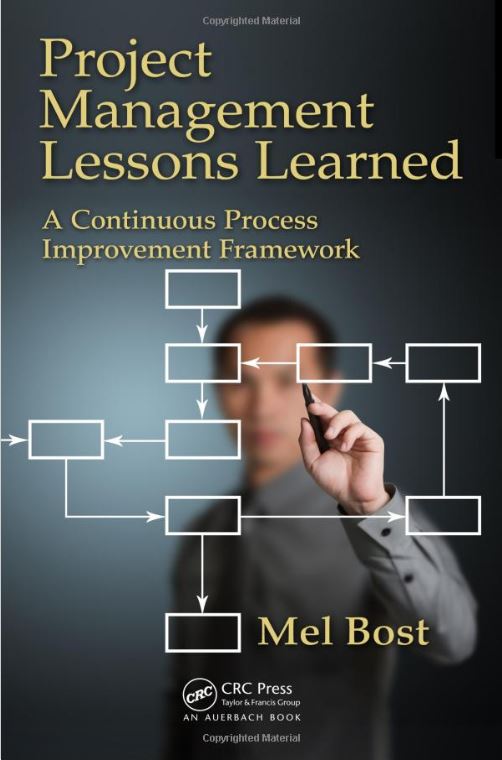My recent PMO blog posts have consistently addressed some of the prerequisites for an “actionable” Project Closeout and Lessons Learned Process for the PMO or project organization. In general, these have been activities or competencies or capabilities that the organization needs to nurture in order to really make Project Lessons Learned an active contributor to the overall Project Process.
In the course of this review of critical success competencies, we must also ask what skills and capabilities are required of project managers or project facilitators to enable the full development of project lessons learned?
As we all know, people are what really make a difference in the deployment of corporate resources. To make a real difference, and to stand out versus other organizations’ implementations of the project lessons learned process, your organization needs to ask what skills and capabilities it must develop and nurture in its project managers to fully realize the benefits of Project Closeout and Lessons Learned.
It is the combination of Process, People, Tools, and Capabilities that really make a successful package for Project Closeout and Lessons Learned.
So, what skills do your project managers need to develop to enable the full development of project lessons learned?
First, the project manager must be a good “facilitator” of the Perspectives, Facts, and Deliverables that are key to defining Significant Events for Lessons Learned. The project manager or coordinator must be able to work with different Perspectives as to what actually happened in key project situations, sort through the various Perspectives, and then “reconcile” if necessary those Perspectives that would hinder gaining consensus on key Significant Events.
Second, the project manager or coordinator must be a good “reframer” if necessary to hold the dialogue with key project participants who might see situations differently but, in actuality, just need a “reframing” of the facts of the situation to be brought on board.
Third, the project manager or coordinator needs to be a leader of the discussion, at all levels, during which it is important to convert Significant Events, to Candidates for Lessons Learned, and finally, to the identification of Lessons Learned themselves.
Fourth, the project manager or coordinator needs to be a good documenter of the process using the Lessons Learned Template as a key documentation tool.
Fifth, the project manager or coordinator needs to be able to explain, and put into context, why certain lessons learned led to improvements in process, and how those improvements were actually realized.
In my experience, even the most experienced project managers have trouble working with the Framework at first and must develop some experience with using it effectively. In most cases, it is these capabilities or competency areas that are being developed while the project manager or coordinator grapples with the details of Project Closeout and Lessons Learned.
I have also found in my work with PMOs that oral presentations of Lessons Learned by project managers to their peer group is a very effective way of building these capabilities, and also to build project leadership. In a major PMO with which I worked, those project managers who consistently stepped forward and volunteered to lead this discussion of project lessons learned eventually became the leaders of the PMO. Why was that? Project managers who embrace change, who believe that Risk Management is a friend, and who want to be “curators” of the project knowledge in their own project communities are often the very ones who step forward and lead in the Project Closeout and Lessons Learned arena, as well as in their own PMO development and maturity.
So, please keep in mind that it is not enough to espouse good Project Lessons Learned documentation. You must first look to how your organization is nurturing those Process, People, Capabilities, and Tools for Project Closeout and Lessons Learned. You can start this journey in your own organization by volunteering to speak to other project managers about your own project experiences and by beginning to examine Facts, Perspectives, and Deliverables for your recent projects in anticipation of capturing Lessons Learned. Integrate this zeal with a good Project Risk Management Plan and see how it contributes to the success of your PMO or project organization in upgrading the entire project process.

Hi Mel, another interesting LL topic 🙂 Regards, Stephen
i’m glad to find information on this category. i’ve been trying to find in other websites, but i only found here.http://www.onibuscuritiba.net